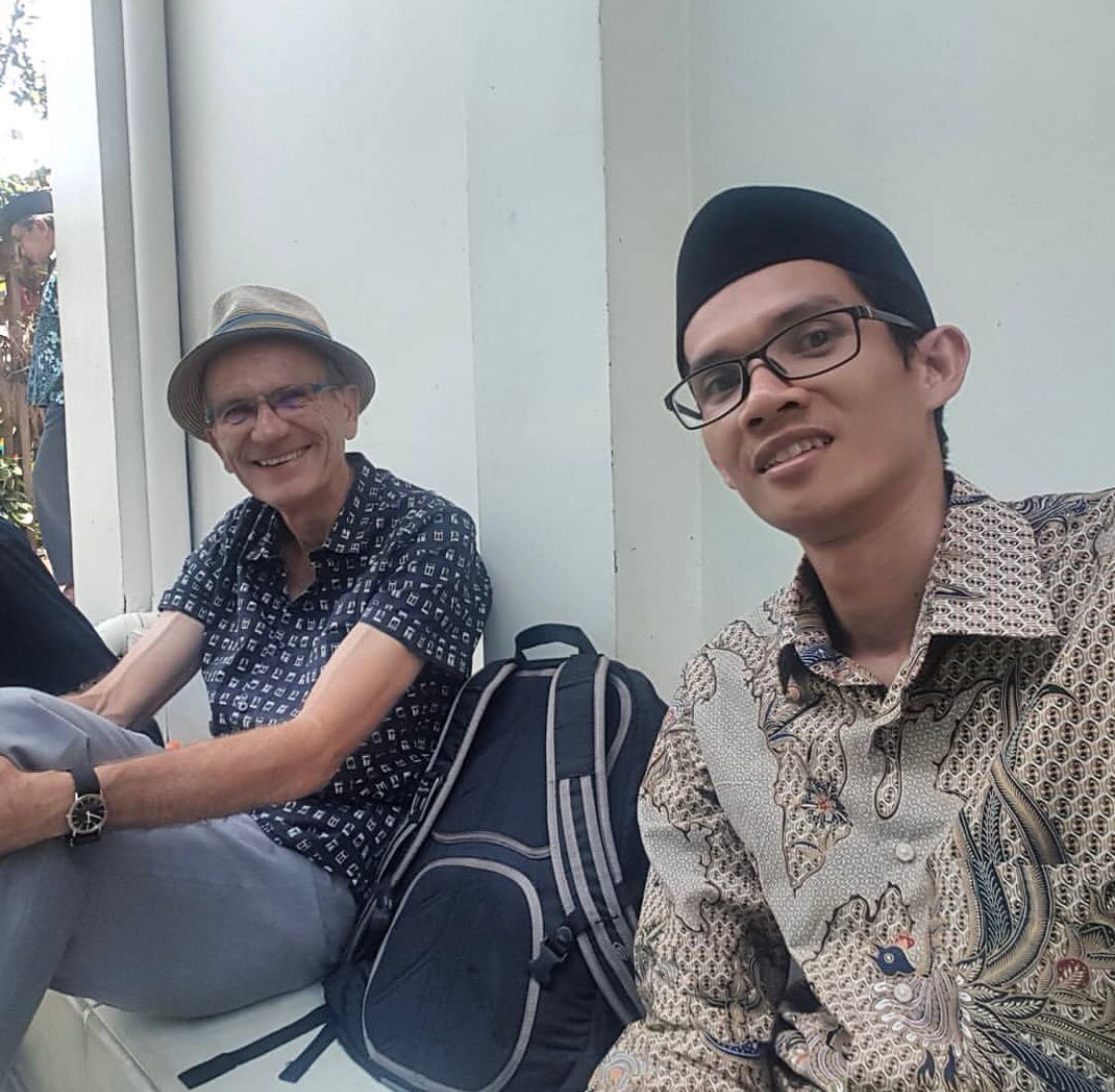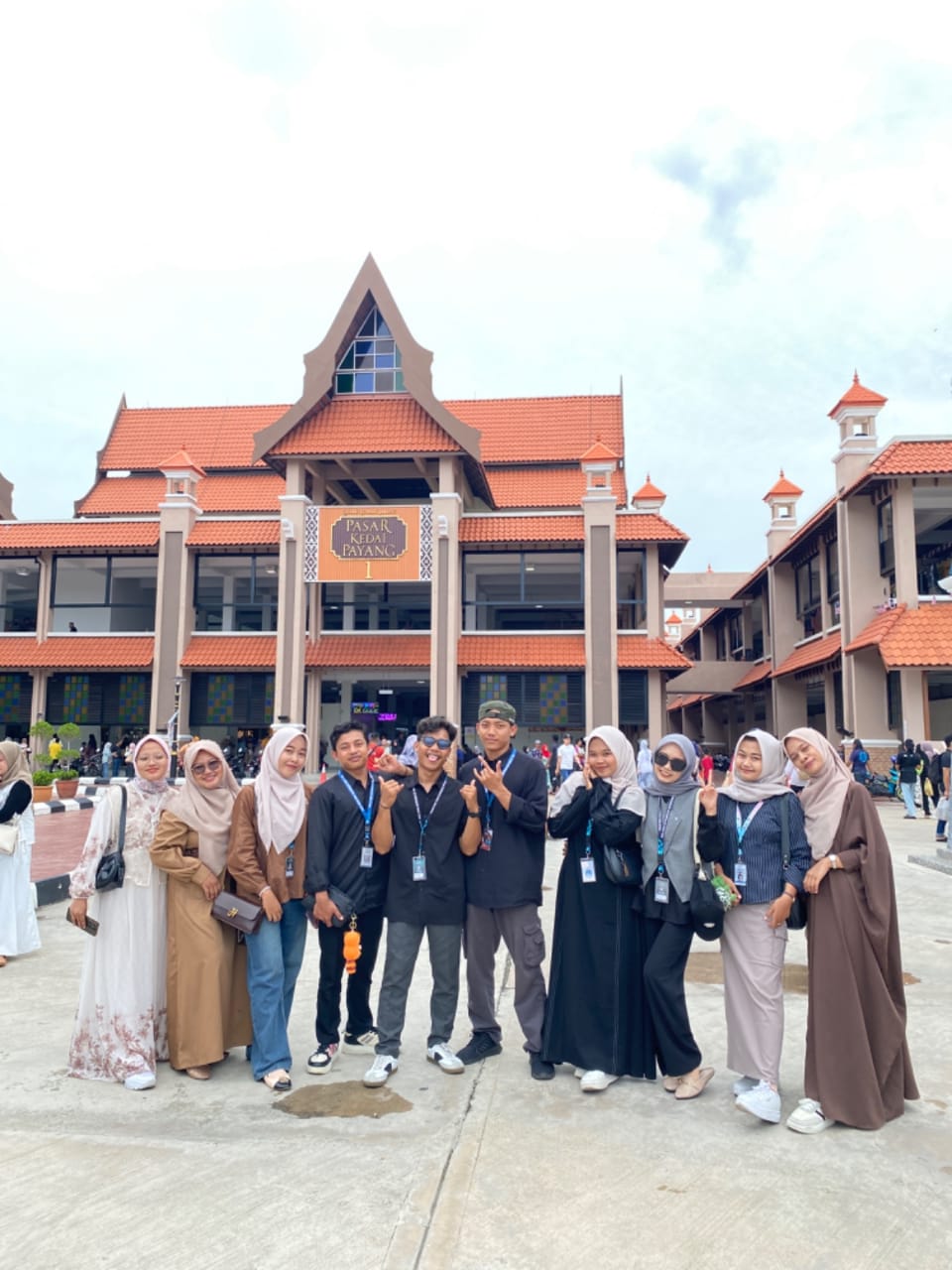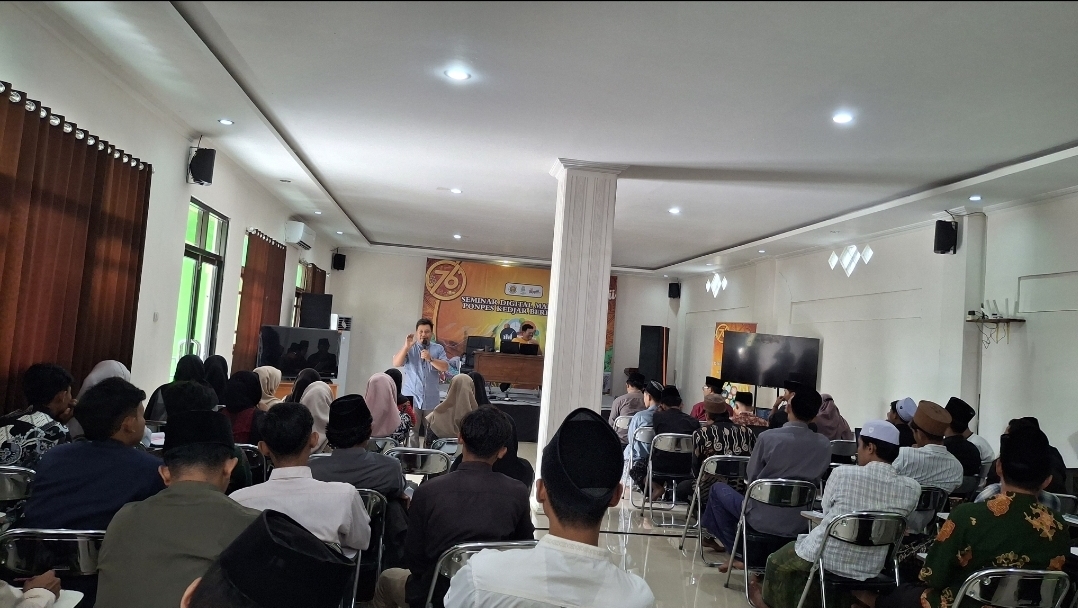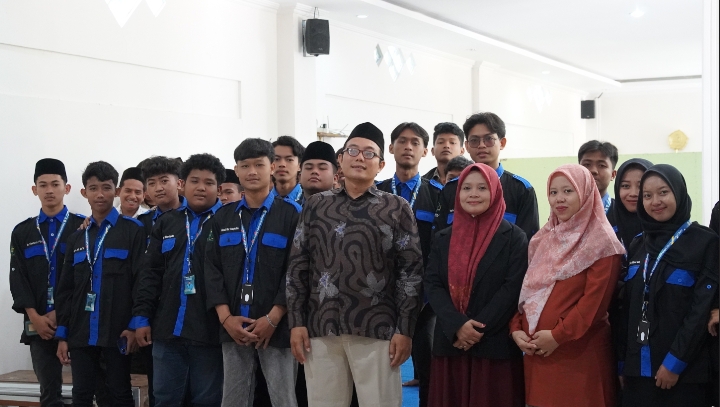Book Review "Deconstruction of the Gegar Tradition of Arabic Islamic Thought" from the original title “Trends and Issue in Contemporary Arab Thought” Karya Issa J. Boullata
By : H. Muhammad Nabil, S.Sy., M.Ag.
Book Identity
- Title : Deconstructing Tradition
- Writer : Issa J. Boullata
- Translator : Imam Khoiri
- Publisher : Lkis (Yogyakarta)
- Publication Year : 2012 (revised edition)
- Number of pages : 256
- Category : Islam
In the book, Issa took several samples of thoughts currently being expressed by Arab scientists in facing challenges- strategic challenges towards contemporary Arab society. The reformist scientists promoted by Issa actually paid a lot of attention to developments from a political perspective, economy, culture and thought (ideology) (hlm.3).
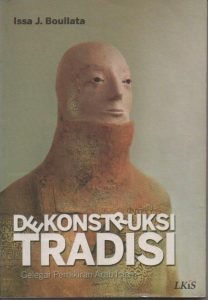
Apart from that, in this book there is a study of how Arab intellectuals understand and position themselves in the face of global modernity (baca the other). In this book, will show how "Islam", “Arab”, and other identities are formulated, future aspirations are set, and political actions were held (hlm.9). The dynamics are so broad, not single, and stretches from the far left to the right. Tensions exist between loyalty to "tradition" and hope and belief in "progression." Given the rapid flow of contemporary Arab thought, the terms surrounding the Arab and Islamic revival continue to be in the spotlight for western scholars.. Issa J. Boullata for example in this book (Deconstructing Tradition) pay attention systematically and strategically in reviewing the ideas produced by Arab thinkers in determining their own attitudes (read the Arab community).
Interesting in this book, Issa explained the background thoughts of a number of scientific figures who he considered compatible. This is deliberately presented so that tendencies of thought can be seen in reality in a book that is only that thick 256 this page.
In highlighting aspects that are occurring in the current Arab crisis. The ongoing discourse does not escape an attempt to break away from western hegemony. The West for Arab society is a scourge that must be shifted. Remembering that Arabia was once the heart of civilization for the world. This happened after Arabia was free from western colonialism. But the dependence on the west is still occupying the Arab society in the changes it wants. Especially when changes bring about a modernization system that affects traditional values, patterns of behavior and attitudes.
It's just that problems that arise in the Arab intellectual environment occur when conservative thinkers enter the debate by opposing the process of change towards modernity and supporting the maintenance of tradition. There are at least three tendencies resulting from contemporary Arab discourse disputes. Among the changes, renewal and early construction of Islam. Unfortunately, there is no agreement on these three trends which are beneficial points for the future of Arab and Islamic society. However, the choice is a dilemma in the transition period of ideological unity becoming the vanguard of national development.
Meanwhile on the other hand, the Arab community that still determines its destiny, they are faced with economic realities that make the typical struggles of third world and Arab societies even more complicated. This is because the economic reality is very closely tied to the dominant global economy of western countries, especially American capitalism and its multinational cooperatives (hlm.50). So figures like Abdul Naser were present to give important notes regarding socialists. This benchmark then gave rise to other figures such as Tayeb Tizini, for example, who were more in favor of the Markist idea. Because of this, the terms Islam right and Islam left have also emerged. Because of the large number of intellectual contributions present, they positioned themselves in their respective paths, resulting in the emergence of Islam, right, Islam, and left.
What is expected from modifying inheritance is to increase the welfare of survival and ensure it. In order to maintain oneself and maintain one's identity, a group's cultural heritage that is rooted in institutions- institutions were changed carefully, careful policies and use of systems check and balance. So that will give birth to revolutionary changes, criticism is reduced or eliminated expressly so that various cultural elements that have a new nature will become part of the heritage itself.
Another dimension that requires Arab society to take a position is to raise studies about women. Women's voices become an attraction in themselves to fulfill standards of competence that have long faded and at the same time contribute to the stage of change (hlm.215). Female revolutionary figures such as 'Aisyah 'Abd ar-Rahman, Zainab al-Ghazali, Nawal as-Sa'dawi was able to move the identity of Arab society. Proven in positioning women in strategic positions in the political area. This is a form of change voiced by these female figures. For them, women are part of survival so it cannot be denied that women deserve to be weakened.
Without ignoring the methodology used by Issa in his research on the dynamics of contemporary Arab thought or more precisely, studies of the Middle East. Issa tries to find the issues that are causing Arab political conflicts today. So it will be easier to see a map or dialectical structure regarding the steps and attitudes of Arab society in the future.




